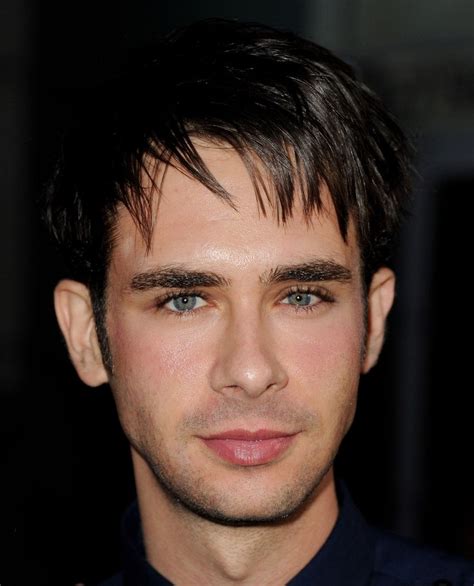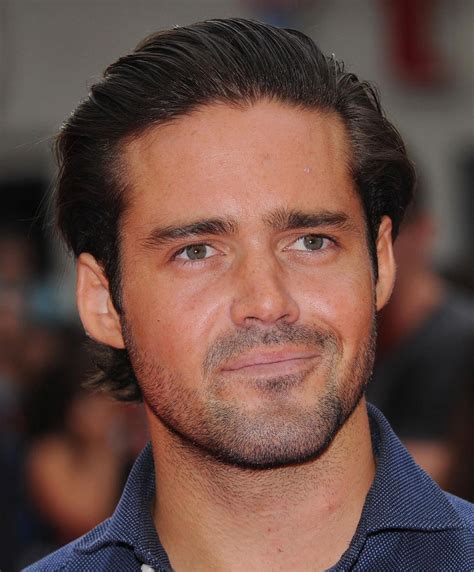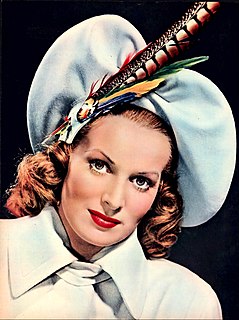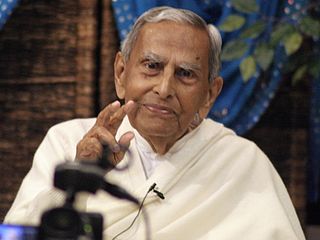A Quote by Michael Eric Dyson
The problem is we are left only with empathy - which is critical, if it can be developed - without substantive manifestations of that empathy. It's one thing to attain it intellectually, but it's another thing to do something about it.
Related Quotes
Empathy provides more than just information about relationships. It is an expression of being in relationship. It is not just a means to better healing relationship, but because it recenters relationship as a central organizing feature of psychic life, empathy itself is healing. The experience of being known and accepted deeply by another, being aware of another being aware of you, what Jordan calls "mutual empathy".
Empathy is a human trait. But lots of humans exercise some traits more energetically than others. By "the usefulness of empathy" I mean the way in which a progressive might claim that empathy is a crucial aspect of any benign political system, and the way a conservative might argue that not only is it not necessary, but it might not even be all that helpful, in that regard.
Empathy is like a universal solvent. Any problem immersed in empathy becomes soluble. It is effective as a way of anticipating and resolving interpersonal problems, whether this is a marital conflict, an international conflict, a problem at work, difficulties in a friendship, political deadlocks, a family dispute, or a problem with a neighbor.
There is absolutely no single aspect of one's personality that is more important to develop than empathy, which is not a skill at which men typically are asked to excel. I believe empathy is not only the core of art, literature and music, but should also be at the core of society, from ethics to economics.

































